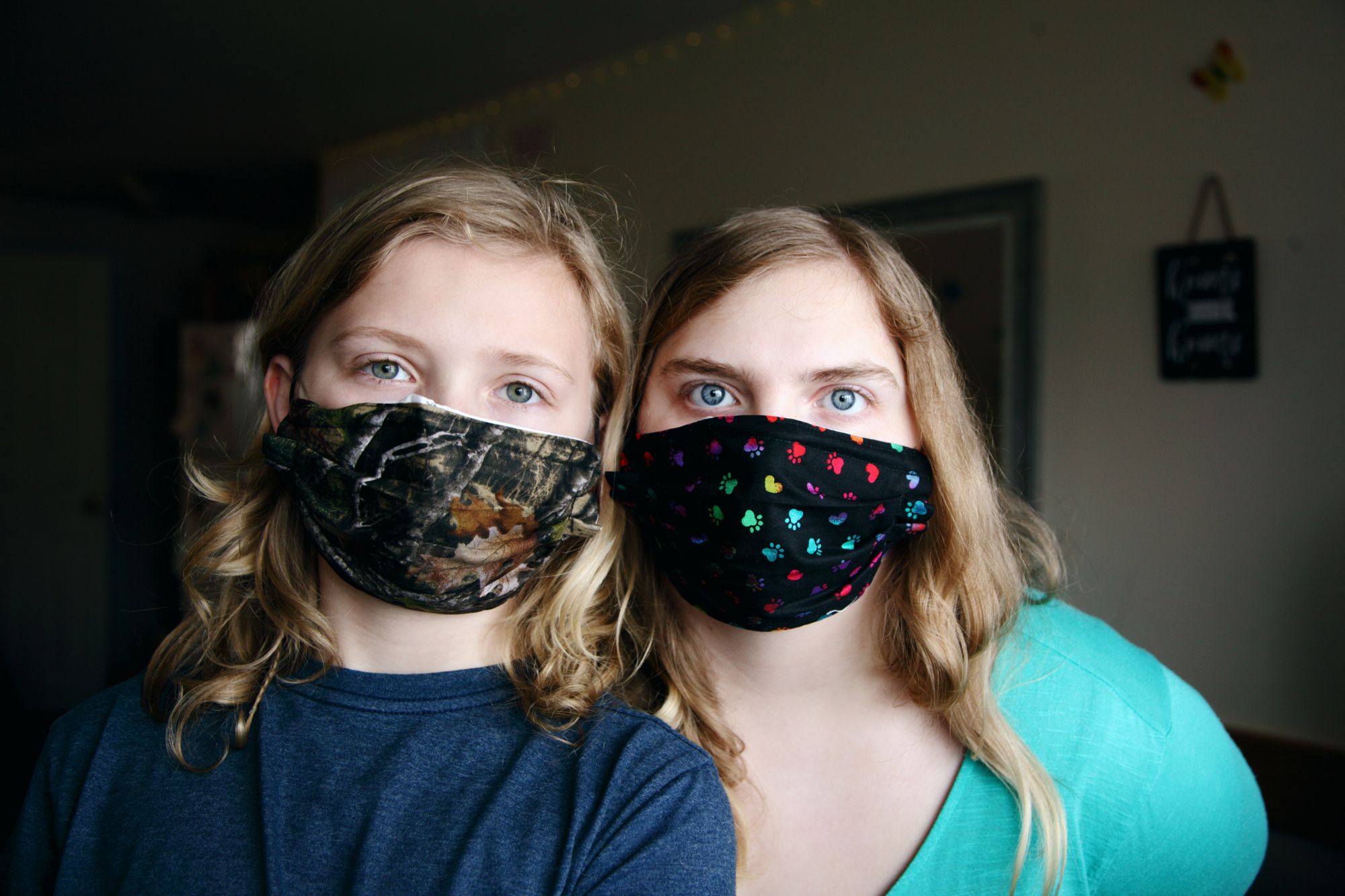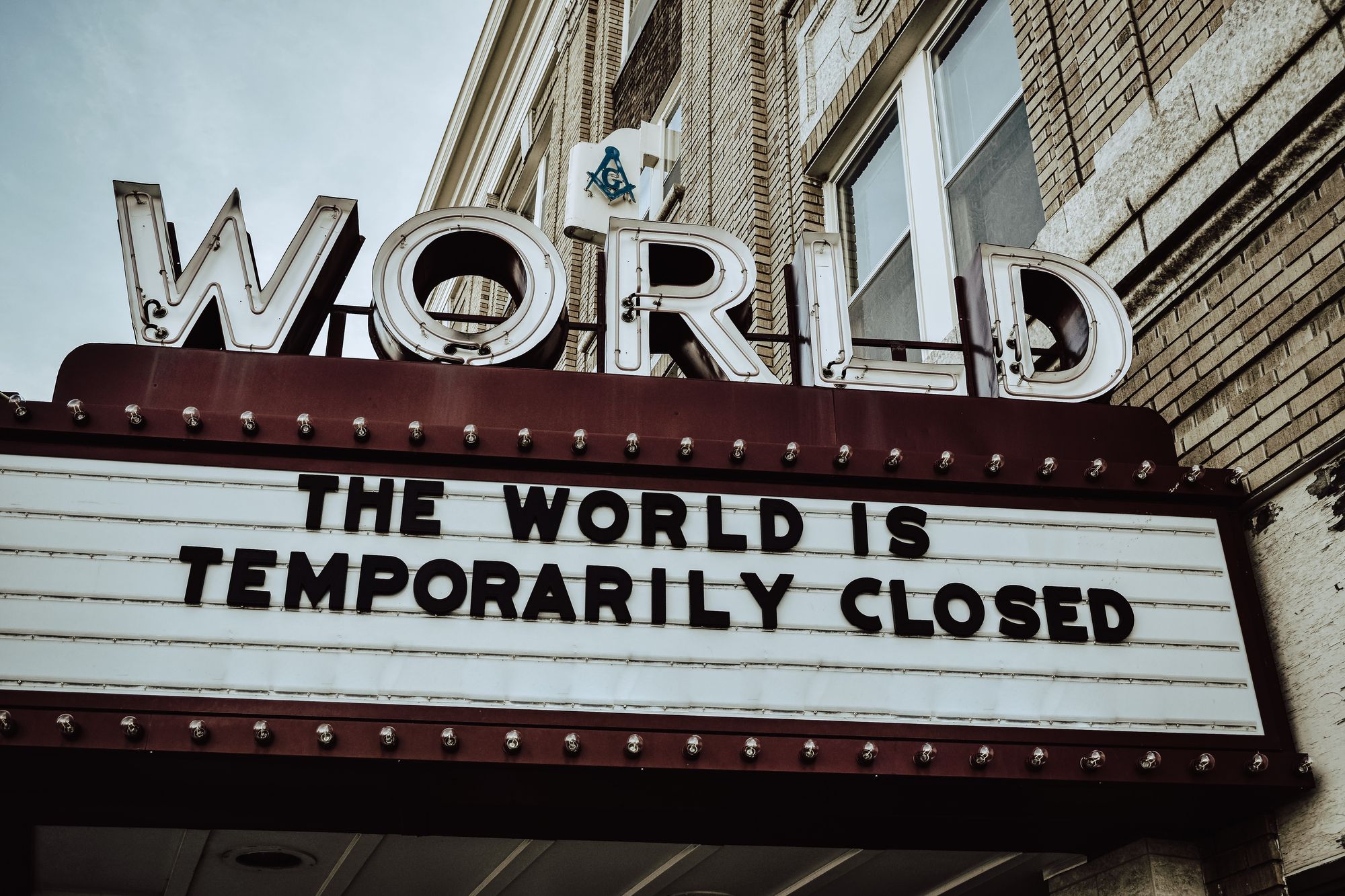A Patient’s Perspective: Sam Reid
When I was 18, I was diagnosed with Crohn’s disease. In the ten years since, I’ve met many new people and gone through a slew of treatments, tests, and flares. With each new friend, or each new occasion my disease rears its ugly head, I often hear the same six words: “What can I do to help?”
And because I have a hard time accepting help –– something I’m working on –– the answer is often: “Nothing. I’m okay, but thank you!”
But that’s not true. There is plenty my able-bodied friends and peers could do to help. They could take an interest and research my disease. They could advocate by my side for a greater expansion of disability rights and accommodations. They could bring me groceries when I’m in a flare that prevents me from doing so myself.
But at the top of the list of “bare minimum things you can do to help your chronically ill friends” is one simple task: stay up to date on your vaccinations.
I know from personal experience that encouraging folks to get vaccinated can lead to online harassment as well as some disappointing conversations in real life with folks who, whether it’s ideological or they’re just afraid of needles, won’t do the small task of solidarity that is getting a flu shot. My friends and family know all too well that during flu season, if you’re someone who refuses to get the shot, we can’t hang out.
Now I’m not a doctor or an epidemiologist –– but I do have over a decade of lived experience as a patient who depends on immunosuppressant drugs in order to function. For me, illnesses like the flu aren’t a long shot that I can sleep off in a few days. When I contract the flu, I’m debilitatingly sick for weeks. My life stops.
One analysis shows that immunocompromised patients see higher rates of hospitalization, ICU admission, and ventilation than their non-immunocompromised peers. So it should come as no surprise that heading to the pharmacy and getting your flu shot is a prerequisite for being around me and my fragile immune system.
Over the past decade, as I got onto my soapbox and yelled about the importance of flu shots, I never could have anticipated the massive public health crisis that is COVID-19. COVID worries me for a never-ending list of reasons. Will my friends and family be okay? Will I be okay? Will health care workers be okay?
But having seen, at least in my own life, some people’s hesitation to get something as simple as a flu shot –– and their current refusal to take public health measures like social distancing and wearing masks –– I worry almost daily about the fate of the chronically ill community, even after a vaccine hits the market.
Because if we want to create a world free from COVID-19, a world where it’s safe for me and immunosuppressed patients like me to ever leave our homes again, that future relies on not only creating a COVID-19 vaccine, but increasing education and, through education, vaccine adherence.
The vaccine won’t make a difference if a large enough number of citizens refuse to be vaccinated. Infectious disease is one area of life that does not care about individualism. We, as a global community, have to come together to get vaccinated and develop herd immunity if we have any hope of saving the most vulnerable among us.
My greatest hope is that our collective drive to end COVID-19 will drown out the sounds of anti-vax rhetoric –– because this moment is too important to mess up. Millions of immunosuppressed patients are depending on us to get this right.
Sam Reid is a Clara Health Breakthrough Crew Ambassador and passionate patient advocate. You can follow her work at sickerthanyouraverage.com and be sure to follow her on Instagram and Twitter.


